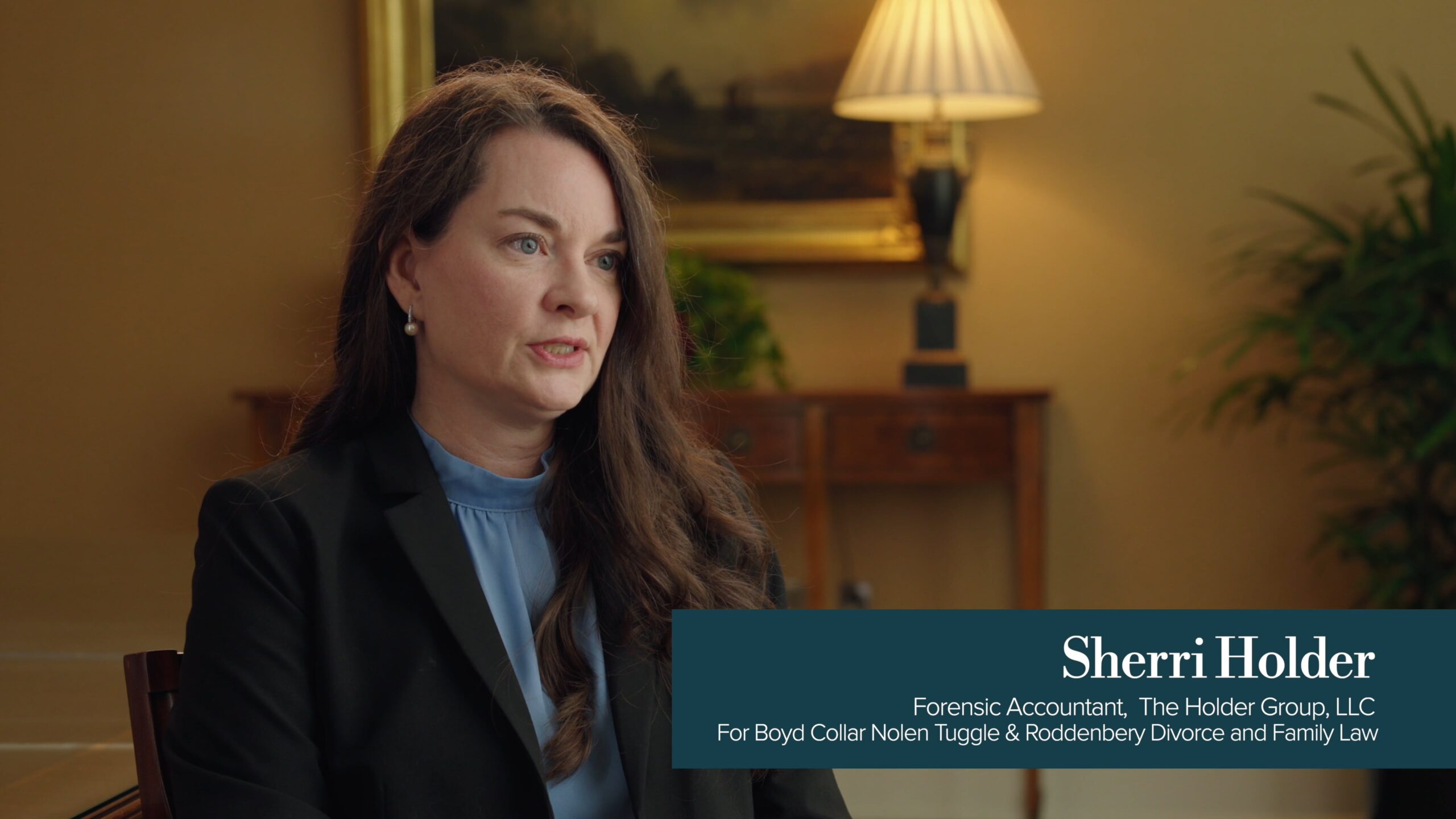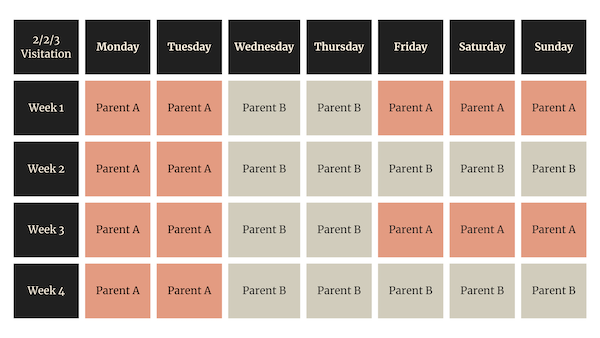Watch the Video
Read the Video Transcript
Typically when clients come in and talk with us, they are always asking about where or how to find their assets. They’re convinced that their spouse has hidden assets. And what I tell them all the time is we don’t have a secret database of everybody’s assets that we can look at. But what we do have is experience and knowledge of where to find most of those assets. Hiding assets is very difficult and takes years of pre planning. What typically tips us off as to where assets are or if assets have been moved around is by reviewing seven common documents that anybody can get their hands on. So the first place we look at is the pay stub. The pay stub is where we can identify what bank accounts your spouse’s paycheck is going to. Oftentimes there are multiple bank accounts.
The primary bank account will receive some of the funds and then a new bank account which you may not even be aware of has been set up where your spouse is depositing part of his paycheck. The second document we would look through are your bank statements, if you can get a hold of them, 12 to 24 months. And we just typically look for transfers between bank accounts or to investment accounts. The third item that anybody can get ahold of is a credit report. On your credit report, this will identify are there any debts in your spouse’s name? Do they have a mortgage or a property that you may not know of? Real estate can be identified through a credit statement. Are there any other credit cards that you aren’t aware of?
Loans, all kinds of assets, even debt, are identified on a credit statement or a credit report. The easiest place to start is the tax return. The tax return is almost our bible. Where we start looking at the tax return will identify many of your assets. Because everything has to be reported to the irs. The next place we advise clients to look at is their safety deposit box at the bank, if they have one. Inside the safety deposit box, you might discover things like coins or gold bars, estate planning documents, life insurance products, annuities. What we also do is since we have a tax department, we’re also able to contact the IRS and get a copy of what’s called your transcript or your wage and income report.
On this report, it will identify all income sources that’s been reported to the irs, but also any retirement account. And lastly, we’ll also ask for employment agreements. An employment agreement is a document that will state how your spouse is paid, whether they receive a bonus, whether they receive stock options, RSU grants, anything related to their income for the job will be in this employment agreement, and it’s a very good place for us to start to help understand what income sources and what assets might be available for the marital estate when we’re compiling that data. All of those income sources and assets are marital assets and need to be disclosed, oftentimes overlooked.






















































































